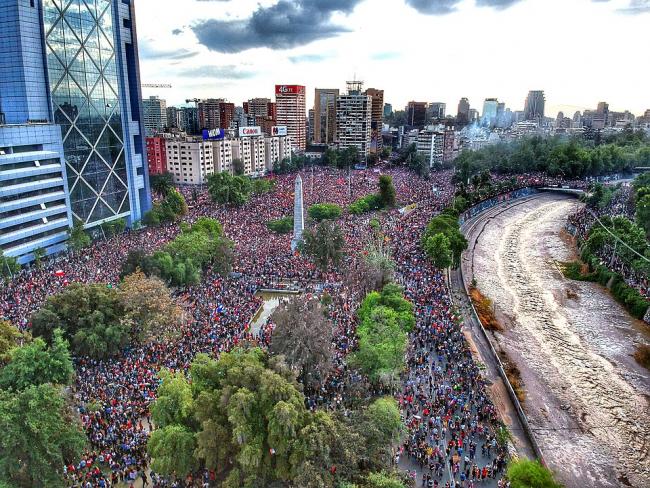by Tony Wikrent
Economics Action Group, North Carolina Democratic Party Progressive Caucus
The Pandemic
The Doctor Who Helped Defeat Smallpox Explains What’s Coming[Wired, via The Big Picture 3-24-20]
Flatten the Curve
By slowing it down or flattening it, we're not going to decrease the total number of cases, we're going to postpone many cases, until we get a vaccine—which we will, because there's nothing in the virology that makes me frightened that we won’t get a vaccine in 12 to 18 months. Eventually, we will get to the epidemiologist gold ring.
What’s that?
That means, A, a large enough quantity of us have caught the disease and become immune. And B, we have a vaccine. The combination of A plus B is enough to create -herd immunity, which is around 70 or 80 percent....
How will we know when we’re through this?
The world is not going to begin to look normal until three things have happened. One, we figure out whether the distribution of this virus looks like an iceberg, which is one-seventh above the water, or a pyramid, where we see everything. If we're only seeing right now one-seventh of the actual disease because we're not testing enough, and we're just blind to it, then we're in a world of hurt. Two, we have a treatment that works, a vaccine or antiviral. And three, maybe most important, we begin to see large numbers of people—in particular nurses, home health care providers, doctors, policemen, firemen, and teachers who have had the disease—are immune, and we have tested them to know that they are not infectious any longer. And we have a system that identifies them, either a concert wristband or a card with their photograph and some kind of a stamp on it. Then we can be comfortable sending our children back to school, because we know the teacher is not infectious.
And instead of saying "No, you can't visit anybody in nursing home," we have a group of people who are certified that they work with elderly and vulnerable people, and nurses who can go back into the hospitals and dentists who can open your mouth and look in your mouth and not be giving you the virus. When those three things happen, that's when normalcy will return.Total Cost of Her COVID-19 Treatment: $34,927.43
[Time, via Naked Capitalism Water Cooler 3-23-20]
And this isn't even actually treatment for COVID19, because she was sent home before the test results came back positive.
[Jerusalem Post, via Naked Capitalism 3-23-20]


